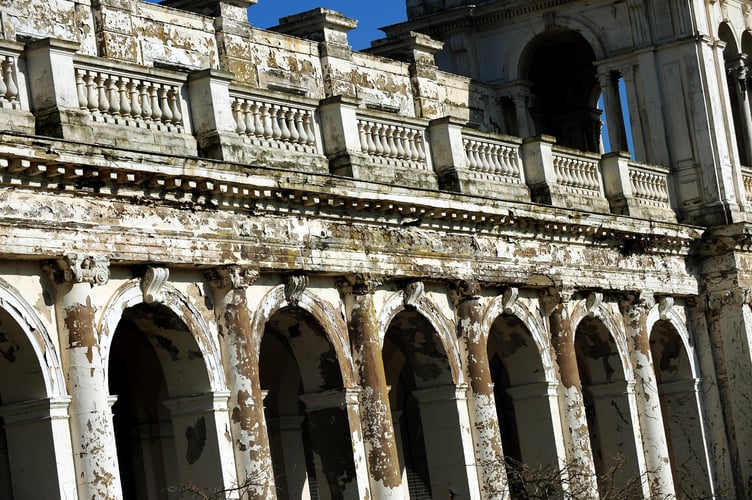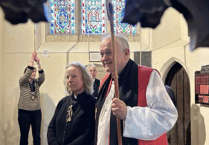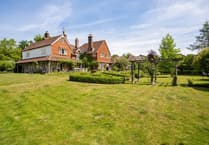Several historic sites in East Hampshire are considered to be at risk, new figures have revealed.
There were over a hundred buildings and sites across the country added to Historic England’s Heritage at Risk Register for 2023, which “gives an annual snapshot of the health of England’s valued historic buildings and places”.
The public body said the programme shines a light on historic sites most in need and has brought local people together in caring for and enjoying their heritage.
The register shows there were seven historic sites in East Hampshire listed as heritage at risk of neglect, decay or inappropriate development as of November 2023, when records were last updated.
These are all monuments.
In total, there were 4,871 heritage buildings and sites across the country considered at risk.
While the register saw 159 new additions over the last year, 203 sites were removed for positive reasons such as repairs done or the overall management has been improved.
There were two East Hampshire historic sites removed from the register last year, but none were added.
Matthew Mckeague, chief executive of the Architectural Heritage Fund, said: “We have worked with hundreds of community-led schemes to rescue and reuse historic buildings, including many on the at-risk register.
“These projects might be about bringing a redundant lido back into use or turning an old bank building into affordable housing or a former church into a new workspace – each is about saving a piece of vital local heritage and giving it a sustainable future use.”
Of all the buildings and sites on the register, 789 were assessed to be in a very bad condition, while the most – 1,707 were in a poor condition.
Of these, no solution was agreed for 549 in a ‘immediate risk of further rapid deterioration or loss of fabric’. There was also no solution agreed for 1,019 sites suffering from ‘slow decay’.
In East Hampshire, there was only one historic site determined to be in a very bad condition – the ruins of St Nicholas Chapel.
Liz Fuller, buildings at risk officer at SAVE Britain's Heritage, said: “It is vitally important to monitor and find new uses for historic buildings which are being neglected as they can deteriorate in condition very quickly.
“The worse the condition of the building, the more expensive it will be to bring them back into use. Our historic buildings are a national resource and bring character and interest to our streets.”
Historic England said around 6,800 historic sites have been rescued over the past 25 years – equivalent to around three-quarters of the entries on the original register from 1998.
Chief executive Duncan Wilson added: “Protecting our heritage is so important.
“The Heritage at Risk programme shines a light on our historic sites most in need and can help to attract funding and help.
“After a quarter of a century of the Heritage at Risk Register, we are celebrating how many places have been saved and continue to find new ways to involve local people in caring for and enjoying their heritage.”
Arts and heritage minister Lord Parkinson of Whitley Bay said: “I look forward to the new additions to the register receiving similar care and attention so that future generations can continue to enjoy and learn from our rich heritage for years to come.”




